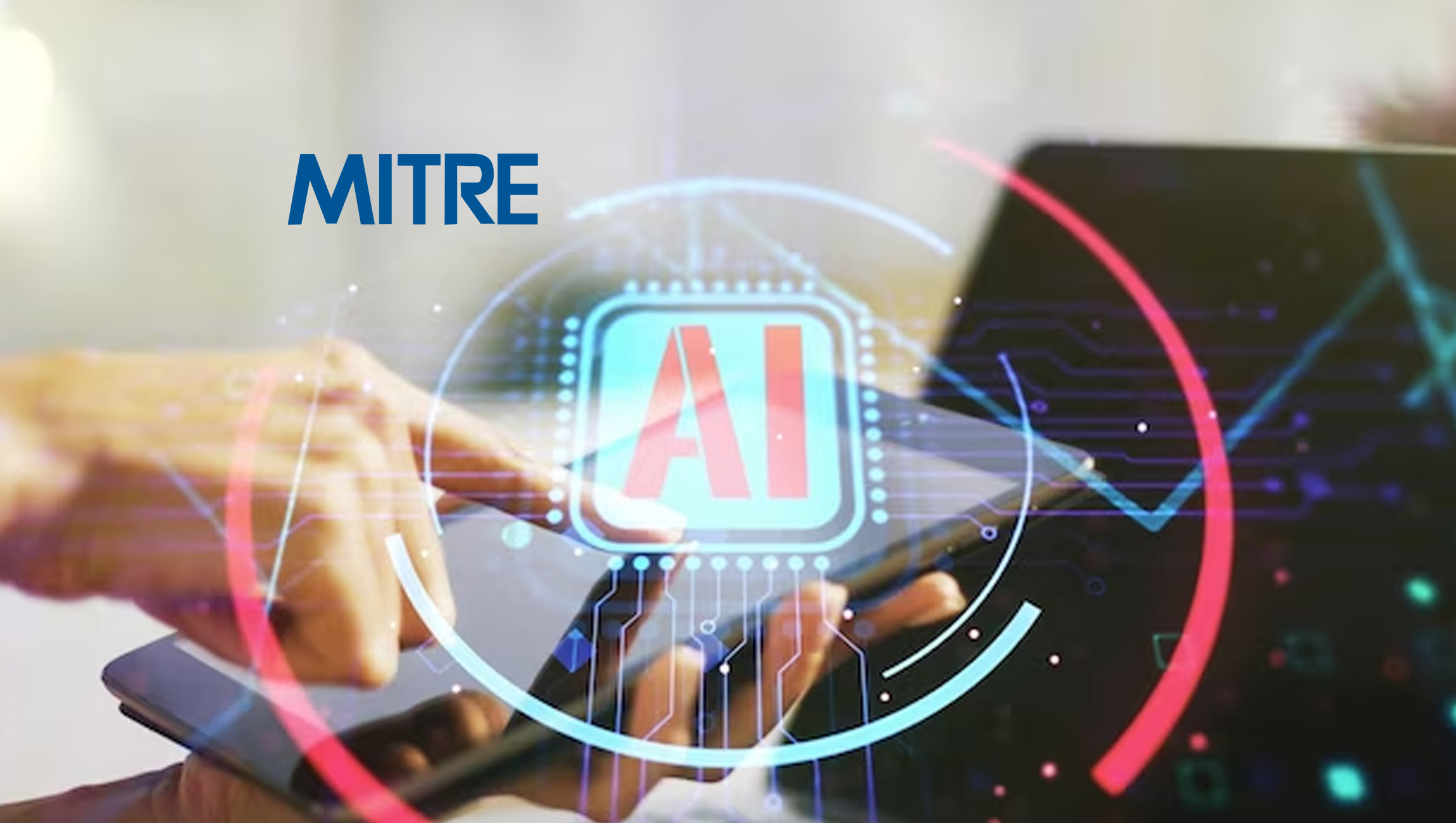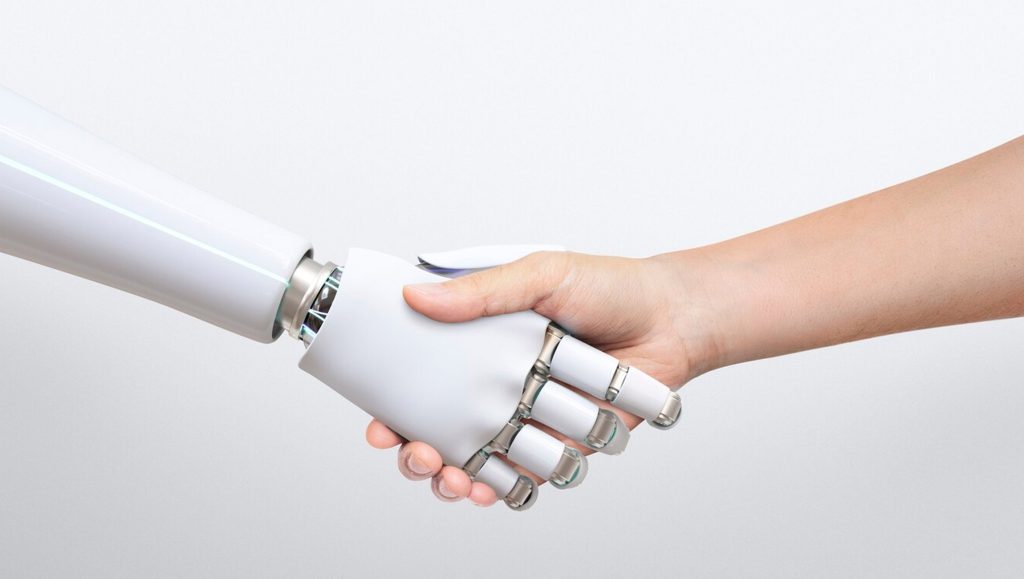New MITRE-Harris Poll survey finds generational and gender differences in outlook for adoption
Generative artificial intelligence (AI) has dominated much of the public conversation about technology following the release of tools like ChatGPT and Jasper Chat. In our second MITRE-Harris Poll survey on AI trends, conducted in July 2023, we found that aspects of public trust in AI technologies has declined compared to our previous poll, which was conducted in November 2022.
Only 39% of U.S. adults indicate that they believe today’s AI technologies are safe and secure, down 9 points from November 2022, and most say they’re more concerned than excited about the technology. While 51% of men, 57% of Gen Z, and 62% of millennials say they are more excited than concerned, only 40% of women, 42% of Gen X, and 30% of boomers agree.
“The public having reservations in trusting AI isn’t surprising given the potential impact to jobs and the news around nefarious hacks like deepfake photos and videos,” said Douglas Robbins, MITRE vice president, engineering and prototyping. “As the public has been engaging more directly this year with consumer AI products and thinking through potential implications for their own healthcare, entertainment, transportation, or work experiences, MITRE has been collaborating with government and industry to enhance the safety and security of AI applications for a more assured AI future.”
A significant majority of U.S. adults supports efforts to enhance AI’s transparency and safety.
- 85% support a nationwide effort across government, industry, and academia to make AI safe and secure. This support is strong across Republicans (82%), Democrats (87%), and Independents (85%).
- 81%—up 11 points from November 2022—believe industry should invest more in AI assurance: measures attesting that an AI application does what it’s expected to without unacceptable risks, and in the right context at the right time.
- 85% want industry to transparently share AI assurance practices before bringing products equipped with AI technology to market.
“Our survey found bipartisan support among respondents for increased focus on AI assurance,” Robbins said. “By acknowledging both the strong concerns and the overwhelming support for bipartisan efforts being expressed by the public, we can help build a future where Americans can rely on AI technology to improve various aspects of their lives.”
Read More: SalesTechStar Interview with Rob Seaman, SVP, Enterprise Product at Slack
The survey found that most Gen Z (54%) and millennials (58%) are willing to use AI to perform everyday tasks, but a much lower percentage of Gen X (39%) and boomers (30%) are willing to do so. This gap transfers over to more consequential applications as well, with 51% of Gen Z and millennials comfortable with autonomous rideshare vehicles, compared with only 32% of Gen X and 20% of boomers. And 47% of Gen Z and 45% of millennials are comfortable with government agencies using AI to make decisions that directly affect themselves or their community, compared with 34% of Gen X and 24% of millennials. However, even younger U.S. adults have strong concerns about AI and want assurance and regulation. Seventy-eight percent of Gen Z and 82% of millennials support regulation, compared with 86% of Gen X and 90% of boomers.
“The generational split on attitudes around AI is particularly visible when looking at comfort with AI across a variety of typical uses or interaction points including, for example, entertainment recommendations on streaming services, facial recognition on phones/personal devices, and targeted advertising on social media,” said Rob Jekielek, managing director, Harris Poll. “Across those examples, a strong majority of Gen Z and millennials are comfortable with AI usage. In contrast, across those examples, boomers are 20–30% less comfortable with AI usage, with only a minority comfortable with use of AI for facial recognition on phones and personal devices (37% comfortable) and targeted advertising on social media (29% comfortable).”
Other key findings include:
- 52% of employed respondents are worried that AI will replace their jobs.
- 64% percent believe that the primary purpose of AI is to assist, enhance, and empower consumers, down 7 points from November 2022.
- 80% worry about AI being used for cyber attacks; 78% worry about it being used for identity theft; and 74% worry about it being used to create deceptive political ads.
- Only 46% believe that AI technologies are ready for use in mission-critical applications for defense and national security, down 8% from November 2022.
Read More: Internal and External Challenges Salespeople Face: Changing Approaches and Solutions
MITRE is collaborating with partners throughout the AI ecosystem to enable responsible pioneering in AI for social good. These collaborations include working with Microsoft to release a free tool that enables security teams without deep AI expertise to prepare for attacks on machine learning systems. MITRE is partnering with Carnegie Mellon University to address the adoption of AI decision-making tools that improve our response to disaster management, public health, and other societal challenges. MITRE also co-leads the Coalition for Health AI (CHAI), which released recommendations in April 2023 to increase trustworthiness within healthcare and ensure high-quality care.





















